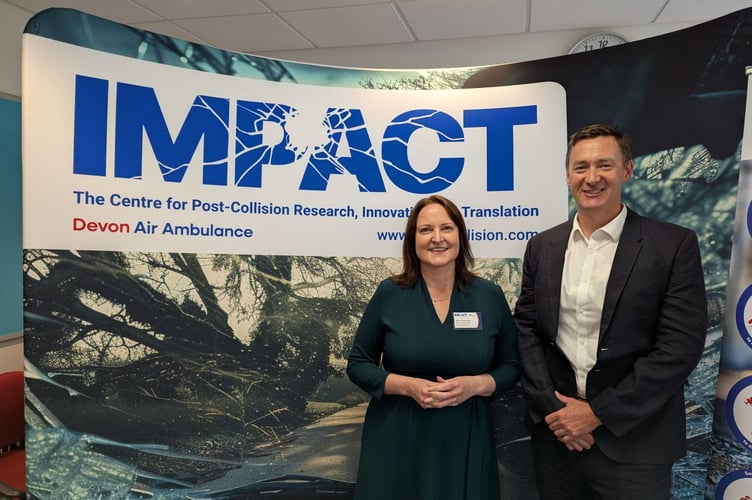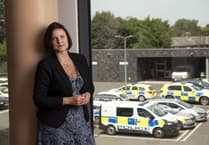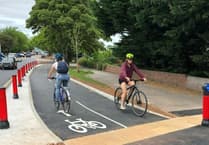“ROAD trauma is one of the leading causes of death and disability worldwide. We believe this is not inevitable – it can, and must, be improved.”
These two short sentences capture the mission of IMPACT: The Centre for Post-Collision Research, Innovation and Translation – a small but highly skilled research team conducting pioneering work right here in Devon.
As you know, road safety is a big deal for me. It’s a subject people discuss with me wherever I go in Devon and Cornwall, and it’s the reason I formed the Vision Zero South West road safety partnership – a collaborative approach which aims to reduce road deaths by 50 per cent by 2030, and eventually to zero.
To achieve this ambitious target, everything Vision Zero does is grounded in an internationally recognised strategy called the Safe System, which features five key areas of focus: Safe Roads; Safe Road Users; Safe Speeds; Safe Vehicles; and Post-Crash Response.
Importantly, the Safe System acknowledges that all humans make mistakes – and some of these mistakes will result in road traffic collisions. However, by being prepared for this, we can minimise the risks of a collision and also give victims the best possible outcomes, saving many more lives.
That last area – Post-Crash Response – is hugely important, yet often underrepresented in the world of road safety. And that’s where IMPACT comes in.
Under the passionate and skilled leadership of Professor Tim Nutbeam, Emergency Medicine consultant and Critical Care Doctor for Devon Air Ambulance, the IMPACT team are conducting world-class research in this field.
Already the team have scooped international awards for their EXIT project, which looked at the process of removing injured people from vehicles after a crash. Previous techniques focused on minimising movement of the casualty’s spine – these techniques not only didn’t work but also took up a lot of time at the scene, often resulting in worse outcomes for those who were injured.
Through detailed research, Prof Nutbeam’s team found that prioritising swift extrication from the vehicle allowed earlier access to lifesaving treatment and resulted in far better outcomes. So significant was this work, it has resulted in new national guidance for this procedure.
So naturally, when Prof Nutbeam approached Vision Zero South West to help fund the IMPACT Centre, our board were unanimous in their support.
At a launch event for IMPACT last week, we heard more about the amazing work this group will be conducting.
Their BYSTANDER project focuses on the chain of survival and looks to harness the role of bystanders in providing vital interventions that could save lives, reduce harm and limit psychological trauma.
And a lot of this stuff isn’t rocket science – it could be as simple as making sure someone has called 999, using apps like What3Words to provide an accurate location, or even just being kind and supportive to victims and witnesses at the scene.
I am enormously proud of the support we have given to the IMPACT project and excited to see where it leads.
Alison Hernandez
Police and Crime Commissioner for Devon, Cornwall and the Isles of Scilly





Comments
This article has no comments yet. Be the first to leave a comment.